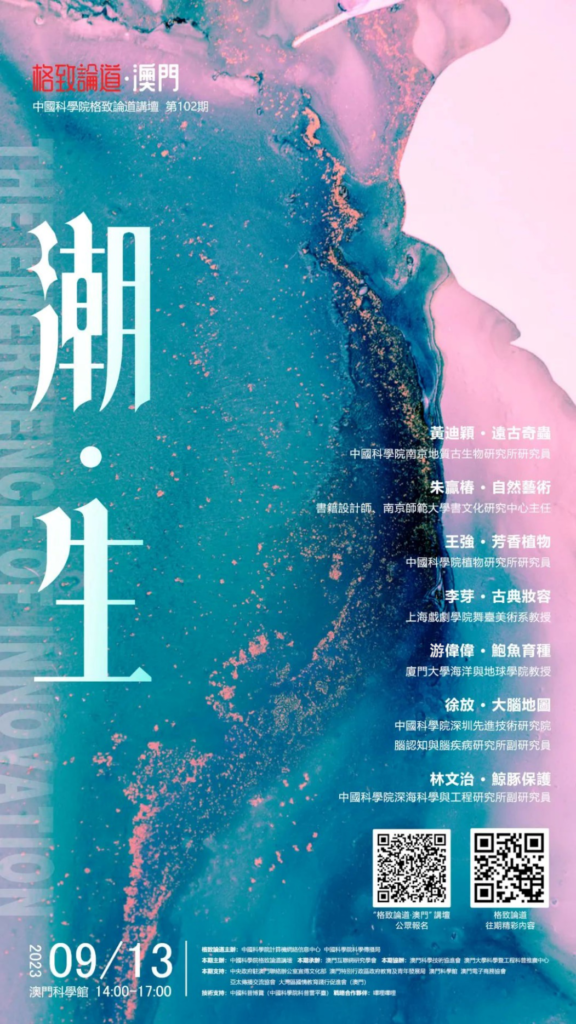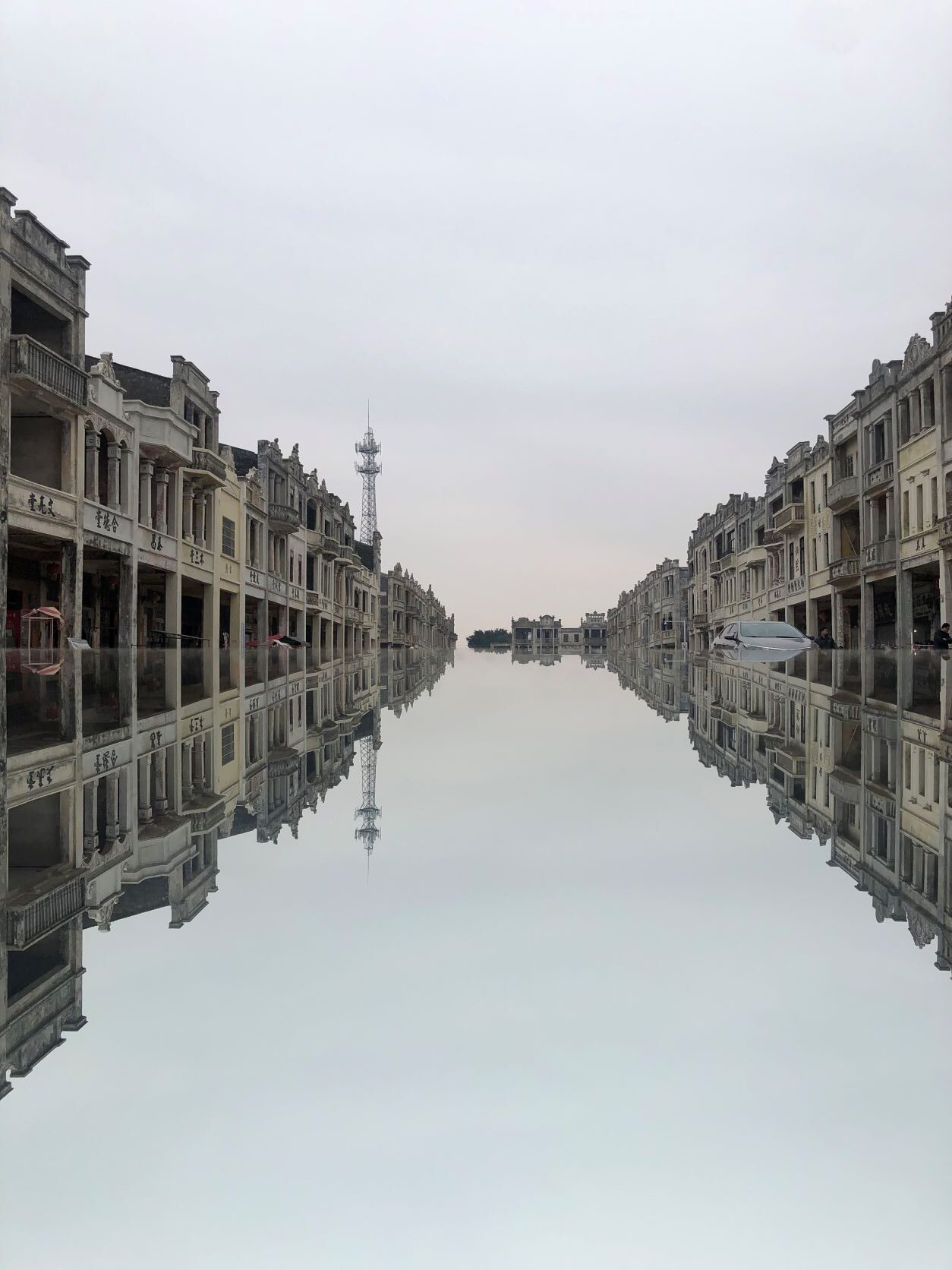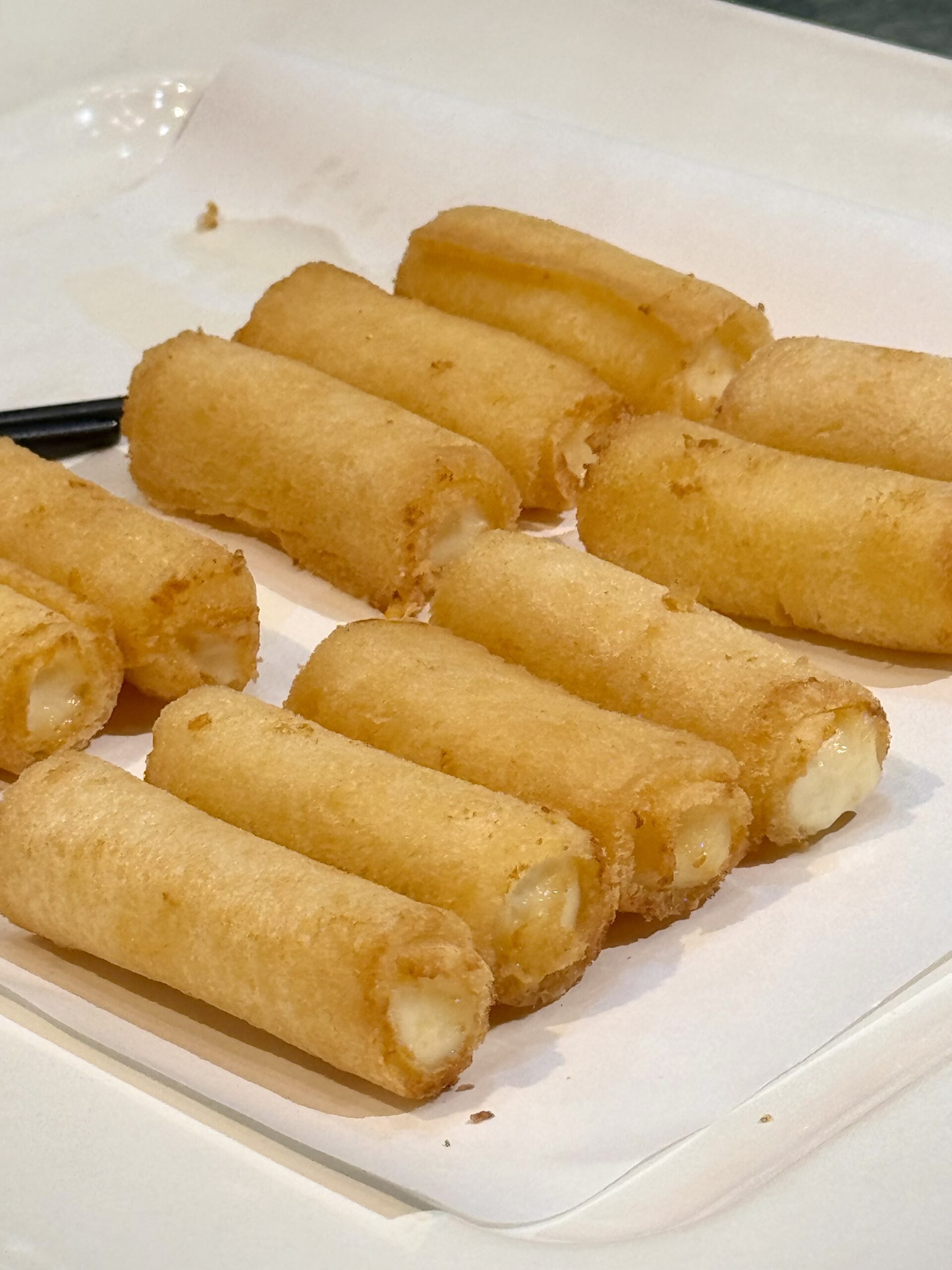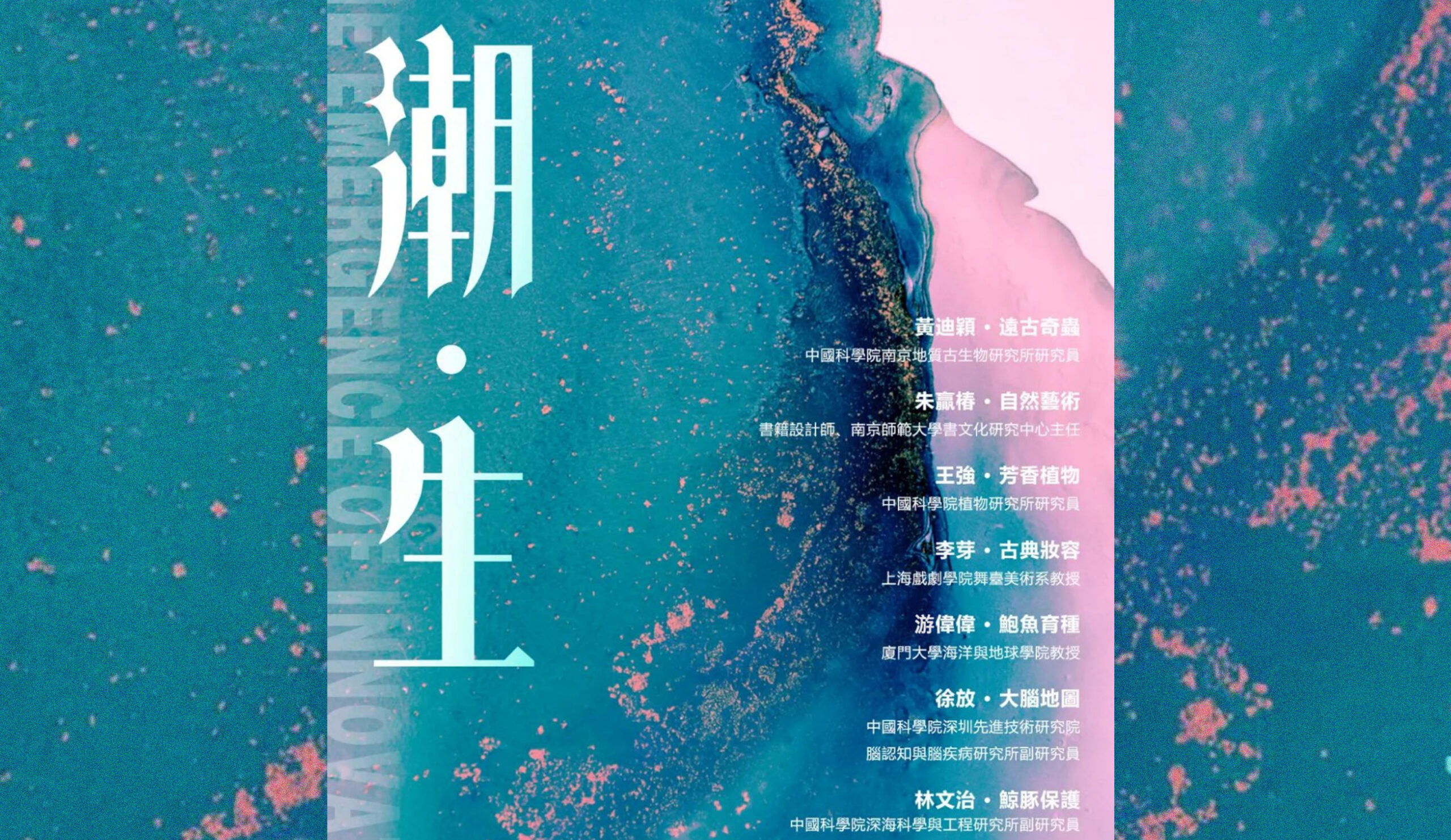The “SELF+Macao” forum, organized by the Computer Network Information Center of the Chinese Academy of Sciences and the Bureau of Science Communication Chinese Academy of Sciences, undertaken by the Macao Association for Internet Research , co-organized by the Association for Promotion of Science and Technology of Macau and the Center for Science and Engineering Promotion of the University of Macau, will be held at the Macao Science Center (Convention Center) on September 13, 2023, from 2 pm to 5 pm. Under the theme of “The Emergence of Innovation”, the forum will invite outstanding scientists and notable individuals from Mainland China to share their scientific ideas and extraordinary experiences in Macao.
This “SELF+Macao” is the 102nd forum in the “SELF” series and marks its first time in Macao. It is dedicated to promoting scientific and cultural exchanges and integration of Greater Bay Area cities, enhancing awareness and understanding of scientific and cultural developments in mainland China among the people of Macao, and fostering a sense of national identity and belonging, especially among young students. This forum brings together experts from various fields such as ancient life, culture and art, brain science, and more, to share new discoveries, new ideas, and new perspectives. The guest speakers and their topics include Huang Diying, a researcher from the Nanjing Institute of Geology and Paleontology, Chinese Academy of Sciences, discussing Ancient Creatures; book designer Zhu Yingchun sharing insights on Book Art; Wang Qiang, a researcher from the Institute of Botany, Chinese Academy of Sciences, discussing Aromatic Plants; Li Ya, a professor from the Department of Stage Design at the Shanghai Theatre Academy, discussing Classical Makeup; You Weiwei, a professor from the College of Ocean and Earth Sciences at Xiamen University, discussing Abalone Breeding; Xu Fang, an associate researcher from the Brain Cognition and Brain Disease Institute of Shenzhen Institute of Advanced Technology, Chinese Academy of Sciences, discussing Brain Mapping; and Lin Wenzhi, an associate researcher from the Institute of Deep-sea Science and Engineering, Chinese Academy of Sciences, discussing Whale and Dolphin Conservation.
The “SELF+Macao” forum, is organized by the Computer Network Information Center of the Chinese Academy of Sciences and the Bureau of Science Communication Chinese Academy of Sciences, undertaken by the Macao Association for Internet Research, co-organized by the Association for Promotion of Science and Technology of Macau and the Center for Science and Engineering Promotion of the University of Macau. Supporting units include: the Department of Publicity and Culture of the Liaison Office of the Central People’s Government in the Macao SAR, Education and Youth Development Bureau of the Macao SAR Government, Macao Science Center, E-Commerce Association of Macau, Asia-Pacific Communication Exchange Association, Great Bay Area National Affairs Education Practice Promotion Association (Macau). Technical support: China Science Popularization Expo (Science Popularization Cloud Platform, Chinese Academy of Sciences). Strategic partner: Bilibili.
“SELF” is a scientific and cultural forum jointly organized by the Computer Network Information Center of the Chinese Academy of Sciences and the Bureau of Science Communication Chinese Academy of Sciences. Since its establishment in 2014, it has held over 100 lectures, debates, and campus visits, covering cities such as Beijing, Shanghai, Hong Kong, Guangzhou, Shenzhen, Chengdu, Dandong, Xinjiang, Suzhou, and more. The events have attracted tens of thousands of audiences, and over 500 outstanding speakers have stepped onto the “SELF” stage to share their stories of exploration and innovation. The process of “SELF” events is broadcast by mainstream media nationwide. Past highlights can be reviewed on the official website at www.self.org.cn.
Interested individuals are welcome to participate in the forum and experience the charm of scientific culture. Due to limited seating capacity, it is advisable to register and reserve seats by September 12th through the following link: https://l.divosurvey.com/1QD3iQ or by scanning the QR code. For inquiries, please contact the Macao Association for Internet Research at 2875 2635.

About “SELF”
“SELF” is a scientific and cultural forum jointly organized by the Computer Network Information Center of the Chinese Academy of Sciences and the Bureau of Science Communication Chinese Academy of Sciences.
The forum aims to create a platform for intellectual dialogue and knowledge exchange, fostering a deeper understanding and appreciation for science, technology, education, and culture among the public. By bringing together experts and thought leaders from diverse fields, the “SELF” strives to inspire critical thinking, innovation, and social progress. Since its establishment in 2014, it has held over 100 lectures, debates, and campus visits, covering cities such as Beijing, Shanghai, Hong Kong, Guangzhou, Shenzhen, Chengdu, Dandong, Xinjiang, Suzhou, and more. The events have attracted tens of thousands of audiences, and over 500 outstanding speakers have stepped onto the “SELF” stage to share their stories of exploration and innovation. The process of “SELF” events is broadcast by mainstream media nationwide. Past highlights can be reviewed on the official website at www.self.org.cn.
The speakers for “SELF+Macao” forum include:
“Huang Diying – Ancient Creatures“
Huang Diying is a researcher at the Nanjing Institute of Geology and Paleontology, Chinese Academy of Sciences. He serves as the editor-in-chief of Palaeoentomology and as a member of the International Subcommission on Jurassic Stratigraphy.
His main research focuses on exceptional Lagerstätten and evolutionary paleontology. His research areas include the Chengjiang biota, representing the Cambrian explosion; the Daohugou biota, which encompasses the most diverse group of insects in the Mesozoic era; the relationship between ancient insects and vertebrates; and the Burmese amber biota, among others.
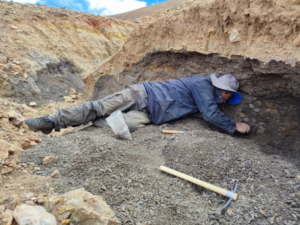
————————————————————————-
“Zhu Yingchun – Book Art”
Zhu Yingchun is a book designer and the director of the Center for Book and Culture Studies at Nanjing Normal University.
He engages in book design, topic selection, artistic creation, and educational work. His observation diary series, “By the Side of Insects” and “Between Insects”, have gained popularity among young readers. His experimental work, “Insect Book”, has been permanently collected by the British Library. His book designs and artistic creations have been exhibited in countries such as Germany, the United Kingdom, and the Czech Republic.
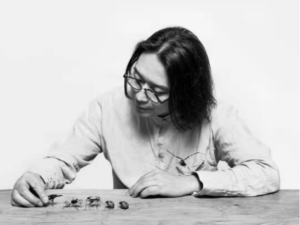
————————————————————————-
“Wang Qiang – Aromatic Plants”
From a young age, he developed a deep fascination with various local delicacies and street food in his hometown, embarking on a journey as a food enthusiast. Fifteen years ago, while pursuing a Ph.D. in Botany, he realized the significance of aromatic plants in cuisine, which led him to dedicate his research to the study of aromatic plants.
In recent years, he has made significant achievements in the systematic classification of aromatic plants within the Lamiaceae family and in the compilation and research of plant floras in global biodiversity hotspots.
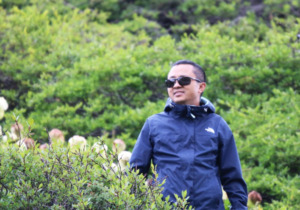
————————————————————————-
“Li Ya – Classical Makeup”
Li Ya is a Professor in the Department of Stage Design at the Shanghai Theatre Academy. She has long engaged in research and teaching in art history, makeup, and the history of jewelry. She has also dedicated herself to the research and promotion of ancient Chinese makeup and the restoration of ancient makeup products. Currently, she is working on research related to the concept of “New Chinese Makeup”.
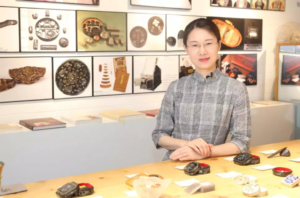
————————————————————————-
“You Weiwei – Abalone Breeding”
You Weiwei is a professor at the College of Ocean and Earth Sciences at Xiamen University. He is a scientist in the National Abalone Variety Improvement Position of the National Mollusk Industry Technology System. In addition, he serves as the Vice Chairman of the International Abalone Association and the Secretary-General of the Abalone Branch of the China Aquatic Products Circulation and Processing Association.
His main research area is marine biogenetic breeding, and he has successfully bred four new national-level aquatic species.
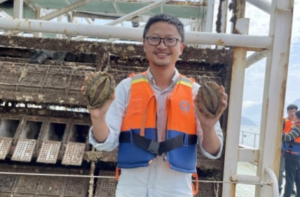
————————————————————————-
“Xu Fang – Brain Mapping”
Xu Fang is an Associate Researcher at the Brain Cognition and Brain Disease Institute of Shenzhen Institute of Advanced Technology, Chinese Academy of Sciences. He engages in research on optical imaging technology and its applications in neuroscience.
His team has independently developed a multidimensional synchronized scanning fluorescence microscopy technique and combined it with brain tissue transparency technology. This breakthrough allows them to achieve imaging resolution at a micrometer level throughout the entire brain of macaque monkeys at speeds tens of times faster than other imaging methods.
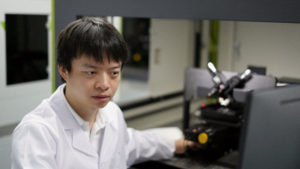
————————————————————————-
“Lin Wenzhi – Whale and Dolphin Conservation”
Lin Wenzhi is an Associate Researcher at the Institute of Deep-sea Science and Engineering, Chinese Academy of Sciences. He primarily engages in the study of cetacean population biology and phylogeography, aiming to understand how environmental changes affect the population distribution, dispersal, and dynamic changes of marine cetaceans. Over the past decade, he has established individual profiles for over 3,500 Chinese white dolphins in China.
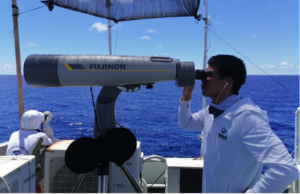
————————————————————————-
